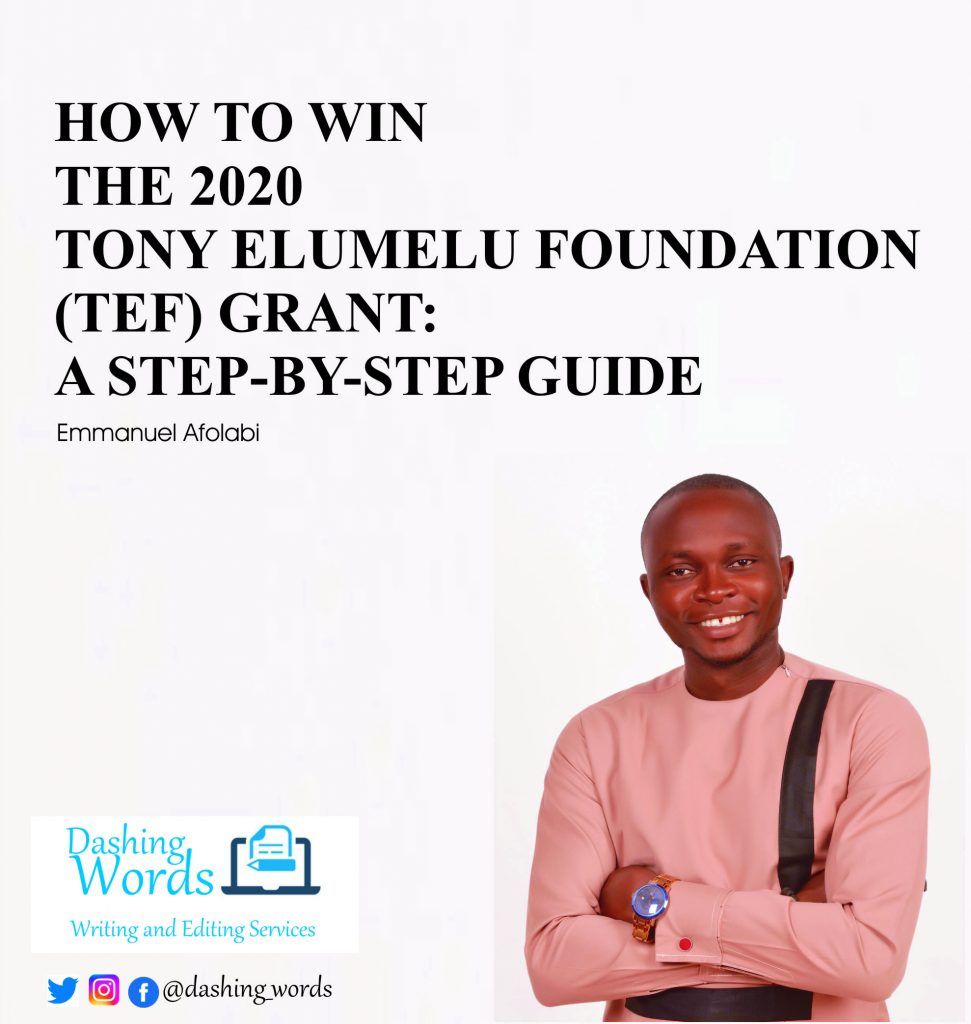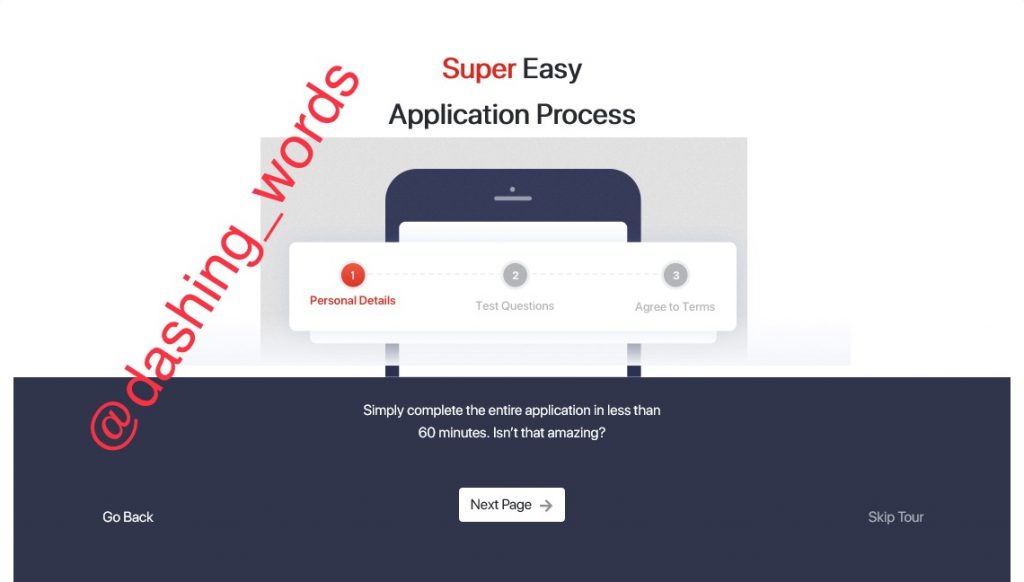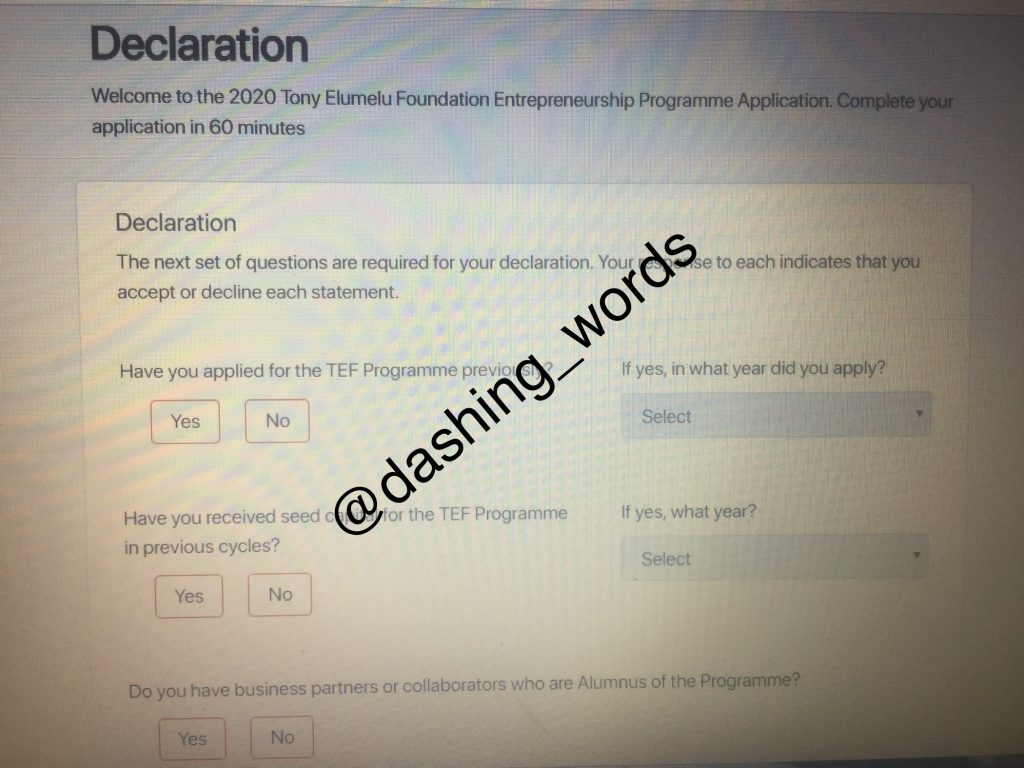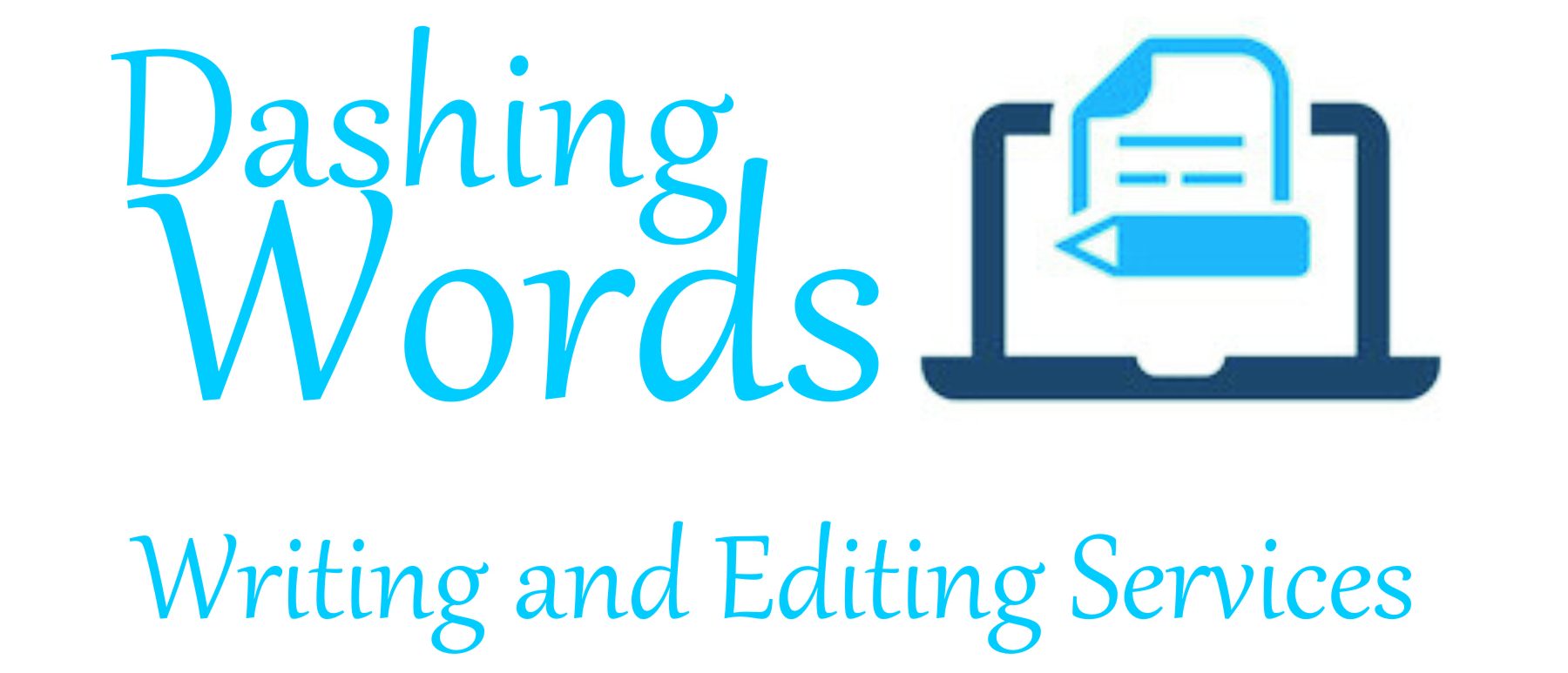
Application for the 2020 Tony Elumelu Foundation (TEF) grant is ongoing, it opened to African entrepreneurs on 1st January and will close on 1st March 2020. This piece explains the steps for the application as well as how to answer some of the most tricky questions in the application to guarantee your success.
The first step is to log on to the website – www.application.tefconnect.com choose your preferred language and sign up.
But before that, read this:

You have 3 options to sign up; you can sign up with Facebook, with Google, or you can do it by inserting your name, password, and email address in the provided boxes, then click “Join TEFConnect Now” (the red icon).

This will take you to the Terms & Conditions Page, carefully read through the Terms & Conditions, tick the “I AGREE TO THE TERMS OF SERVICE” Box, then click “Proceed”.

A notification will pop up on your screen, click on “Get Started”
That would take you to the Personal Information page.

Fill in your details, social media accounts, upload your ID and Profile Picture, fill in your Next of Kin and Mentor details.
After this part, you have the option to either save and continue later or to proceed to the next stage.

If you choose to proceed, click on ‘Continue to Business Details’.
With that, you’re 22% done with your application. Then you’ll move to item 1B, which is your Business Details. Remember that 1A is your Bio (Personal Information).
In this next part, the first question you’ll be asked is ‘How many years of business start-up experience do you have?’ There are four boxes out of which you are to click one. The first box is 0-1year, next is 1-2years, next is 2-3years, and the last is above 3years.
0-1year means you’re a greenhorn, a novice, you have no start-up experience and this is your first attempt at it.
1-2years means you’re intermediate, a little bit more knowledgeable than a beginner but not yet at an advanced stage. It is basically that ‘in-between stage’.
2-3years means you have an advanced business start-up experience.
Above 3years means you are an expert in business start-up.
Choose any of these based on your start-up experience, try as much as possible not to lie. It does not matter if your experience is not with your own company, your experience(s) with other start-ups matter too.
The next question is ‘Is your business idea in your field of experience?’. For you to be considered for this grant, this has to be a ‘Yes’. It would not make sense if your experience is not related to what you want to do and you expect them to give you money, that’s too much of a risk to take on you.
The next question has to do with the impact of your business/idea on your community or country. Word limit for this is 100. Here, it is very important that you go straight to the point, be clear and concise, use numbers/figures to support your claims. Example:
“Our corporate communications business will help over 200 small businesses communicate better within 2years, this will not only make them win more clients over, but will also make them grow by more than 30% annually.
Directly, our business will help to create over 500 jobs in the Small and Medium Enterprise (SME) sector, while over 1500 jobs will be indirectly created. This is based on extensive research that we carried out as part of our feasibility study before starting out this business.
All of these will positively contribute to Nigeria’s economy and help the nation’s growth.”
This is just an example, please do not copy it. The implication of copying is that you stand the risk of sending in the same content with other people that are likely to copy this, and that won’t be good for your application. You are advised to take your time to come up with yours, based on your business peculiarity and your assessment. You will succeed.
Note how the example is constructed, a lot of questions are answered with that short statement – how many companies will it help (200), in how many years (2years), how will it help them (to win more clients and gain 30% annual growth), how many jobs will be created (500 direct and 1500 indirect), how did you come up with this (based on research – feasibility study). All of these will convince them that you have done your home work and that you’re ready for business.
The next question will require you to link your business idea with at least 3 of the 17 United Nations Sustainable Development Goals (SDGs). You have to be specific with this. The 17 SDGs are:
GOAL 1: No Poverty
GOAL 2: Zero Hunger
GOAL 3: Good Health and Well-being
GOAL 4: Quality Education
GOAL 5: Gender Equality
GOAL 6: Clean Water and Sanitation
GOAL 7: Affordable and Clean Energy
GOAL 8: Decent Work and Economic Growth
GOAL 9: Industry, Innovation, and Infrastructure
GOAL 10: Reduced Inequality
GOAL 11: Sustainable Cities and Communities
GOAL 12: Responsible Consumption and Production
GOAL 13: Climate Action
GOAL 14: Life Below Water
GOAL 15: Life on Land
GOAL 16: Peace and Justice Strong Institutions
GOAL 17: Partnerships to Achieve the Goal
Based on the example above, the top 3 SDG related goals will be goals 8, 9, and 17.
After that, you will be required to fill in your Business details (name, location, industry, age of business, your team, the hours of work you put in weekly, your revenue, your business partner (if any), and a brief about your start-up.
In choosing the age of your business, please note that once you choose anything above 0-1year, you are expected to have revenue (not a projection).
Your hours of work per week may include your sleepless nights as well, but for it to be realistic, make sure it is not more than 10 hours daily, which is 50 hours per week, because they expect that you will have other things to attend to as well.
If you are currently making some revenue from your business, they want to know the dollar $ equivalent of it, not in Naira or Cedi or Rand.
If you have a business partner, it is important that you get their consent before applying for the TEF Grant because they have a stake in the business as much as you do, regardless of the percentage. There may be legal implications if you don’t, and you may get disqualified by the TEF team as well. Please ensure that you do the needful.
The last question for this part is ‘Tell us about your start-up idea’ (500 characters, which is about 100 words). Here, you have to say what your idea is, what problem do you solve/who do you help? What is the drive/motivation behind the idea/why do you do what you do? What is the impact of your idea? (this has been mentioned above), Is your business/idea feasible and scalable? You must be able to answer these questions and more. Again, be concise, clear and detailed. Go straight to the point because you have limited characters to answer this.
Do this and click on ‘Continue to Personal Assessment’.
With that, you would be 44% done with your application.
The next stage is Personal Assessment, it has 2 sections which include Personal questions, and Financial & Business Acumen Questions.
Unlike the previous stages, this is timed, you cannot save to continue later. You have just 45 minutes to complete both sections, so make sure you’re not distracted and that you have a fast internet connection.
When you click the ‘Start’ button from the notification that pops up on your screen, it will take you to the Personality Rank-Order Task. Ensure you answer each accordingly and appropriately.
For the Personality Assessment, you are to select the best option to the question out of “Strongly Agree, Agree, Neither agree nor disagree, Disagree, and Strongly Disagree”. Be careful with this, as some of the options may be rearranged for different questions. For instance, question 1 may have ‘Strongly Agree’ as first option and ‘Strongly Disagree’ as last, while question 15 may have ‘Strongly Disagree’ as first and ‘Strongly Agree’ as last. It is part of your test, take note, so you don’t click the wrong option.
Some of the questions you will come across include but not limited to:
I feel that my success is a result of my ability
I believe that it is best to keep one’s work and private lives separate

I am usually indifferent to change
I do not spend much time thinking about how others will react to situations
I collect my thoughts before expressing myself
I find change refreshing
I am open to work with new ideas, even if they don’t lead to expected results
It is better to avoid conflict

I prefer planning ahead
I don’t always expect to be praised for my achievements
I would rather delay working on boring tasks
A risky task is usually not worth doing
I would finish off existing tasks even if a new, interesting task came up
I prefer to work in a non-competitive environment
In meetings, I prefer to lead the discussion
I can easily guess what others are thinking
It is okay not to achieve everything one aims for
I would rather say what I feel is right
I prefer to maintain formal relationships with people at work
I prefer working on new and different problems each time
It is okay to relax once in a while
When someone disappoints me, I easily forget about it
I get bothered with colleagues who are too negative
Most people focus first on personal gain
I prefer routine over variety
I tend to be cautious about happy outcomes
I prefer being with people who hold similar values
I can easily say no to others
It is better to be happy with what you have than to try to achieve too much
I feel comfortable being myself in the presence of others
I share credit with others even if I did most if the work
When wronged by others, I tend to forgive easily
People are generally honest
I quickly start to work on new ideas
Do you answer ‘Strongly Agree, Agree, Neither Agree nor Disagree, Disagree, Strongly Disagree’ to any of the questions above? Select your options. In the next write-up, the implications of each of those answers for each questions will be discussed, so follow all our social media pages for more updates. We are @dashing_words on Twitter and Instagram, and Dashing Words on Facebook and LinkedIn, kindly follow us.
When you’re done with this part, click ‘Continue to Cognitive Assessment’ to proceed to the next part. Remember that your time is still running.
The Cognitive Assessment part contains some business and commercial questions which are in multiple-choice form.
Some of the questions you will come across include:
- To start a business, the first thing you need is?

Options may be – A vision, An idea, Money, Business Partners, None of the Above.
Of course the answer is An Idea. It is the idea that you will build into a vision. After you get the idea, you set your vision for the idea/business, you source for fund, then look for a partner or you may get a partner before getting the fund, either way.
- Any good business idea must make money

Options may be – Strongly Agree to Strongly Disagree
You must strongly agree, because it is not a good business if it is not making money, as long as it is not a charity organisation.
- Any good business must make money in the first year
This question is quite tricky because it is not every business that makes money in the first year. Some businesses may require that you purchase a lot of equipment that may prevent you from making profit in the first year; in fact, it may take till the last quarter of the second year for some businesses to start yielding profits. It is safe to pick ‘neither agree nor disagree’ in this case.

- How do you balance your business, family and social life?
Options may be – (a) Family first, all the time, what am I working for anyway (b) I don’t have a balance especially in the first few months (c) I always achieve a good balance each day (d) Work first, all the time, it provides for the family.
Be careful with this question, they want to know if family or your social life is likely to affect the time you put into your business. Family is important, no doubt, but the most important thing is how you strike a balance in everything you do to achieve results in every area. Your answer should be C.
- How is profit calculated?

Options may be – (a) Sales – Expenses (b) Monthly Sales * Expenses (c) Total Sales – Total Expenses (d) Total Sales in one year/Total Sales in a month.
You’re expected to know the answer to this, if you don’t, then you’re not supposed to be applying for this, for real. Your answer is C.
- What is your greatest reason for becoming an entrepreneur?
Options may be – (a) To be financially free (b) Make the world a better place (c) To fulfil my passion (d) Building legacy
All these can be good reasons to become an entrepreneur, but consider the key words in the question – greatest reason. So, choose wisely.
- At the current stage of your business or idea, if you get the TEF $5000 grant today, what will you do?

Options may be – (a) Register my business, buy the inputs I need for my business and save some for weekly operations (b) Save the money (c) Invest the grant in a bank and use the interest to start my business (d) I will travel to Europe or America to learn more about my business idea (e) Buy more stock for my business, build a website for online presence, buy accounting software, employ 1or2 more hands and save more for operations.
Make sure you understand what each option means before you choose. Out of the options, only a and b are probable answers, because they are not giving you money so you can save it in your piggy bank, neither is the money to invest in a bank for interest. The grant is also not for you to travel to ‘learn more’, they expect you to have the required knowledge already. So, avoid options b, c, & d. Between options a and e, e should be your answer because this fund is not for you to register your business, you need to have done that already, in fact, your business registration certificate will be seen before they disburse fund to you.
These are just a few of the 23 questions that are in this part.
When you’re done answering the questions in this part, click on ‘Continue to Declaration’ and tick the boxes appropriately.

After that, you’re good to go. Submit your Application before your time elapses.
To round off, you need to start preparing for other stages in this application process. After this application, there will be ‘Onboarding’ in March, ‘Training & Mentoring’ between April & May, ‘Pitching’ in June, ‘Selection & Announcement’ in July, ‘Submission of IDs, Business Reg. & Bank Details’ between August & September, and lastly ‘World Check & Seed Capital Disbursement’ between August & December.
Before the Training, Mentoring & Pitching stages, it is important for you to know some of the things the TEF would be looking out for, they are:
- The feasibility of your idea/business (Is it viable? Can it work? Is it worth investing in?)
- The problem you solve
- How much capital you need (you won’t get the grant if what you need is too high)
- The market opportunities for your business/idea (who are your targets?)
- Your team/expertise (who do you work with? Are they experienced?)
- How well you understand finance/financial matters (cost, revenue, expenses, profit & loss)
- The scalability of the business/idea (can it expand and be replicated in several branches?)
- Your leadership and entrepreneurship skills/potential, among others.
Some other tips that will help you in the process include:
- Have a Business Plan (with a Business Plan, all these questions would be answered)
- Use facts (data and statistics) when explaining your business values
- Get your business registration and business bank account sorted in time (if you haven’t)
- Prepare for each stage and be confident.
You will succeed.
Is this helpful? Kindly leave your comment below, share, and follow our social media handles.
If you need a personal/physical training on this, you can send a mail to dashingwords@gmail.com

This is nice and a great opportunity presented to start up and to improve on business.
Thank you so very much for this helpful tip.
I look forward to commenting on this page in the nearest future “I was awarded the grant”.
Thank you so much once again. God Bless.
Comgrats.
I apply for 2021 set and am to begin training by April.
Is there any hint you can give to me so as to prepare me ahead?
Thanks
Wow!
I am done with my reg already, qualified for the next stage. But I wish I had seen this earlier, it would have been much more easier.
Thanks for the cracking and time saving solutions. Kudos!
It was talking helpful. Thanks Emmanuel.
Thank you so much for the expo!!!
The info is invaluable!
Wow thanks
thanks for sharing this wonderful piece, I was really finding it difficult to act on my registration.
This is great. Thanks for the time you took in explaining every step.
This is super helpful.
It is unrighteous not to leave a comment.
Thank you very much for your time.
Waw, so interesting I wish I have seen this before registering! I really love it, good question
God bless you.
Thank you very much for this explanation.
Thanks so much for this information…
Thank you so much for the information. It was enlightening
God bless you
Excellent. Thanks for contributing to the betterment of entrepreneurs
Thank you so much, with this wonderful work